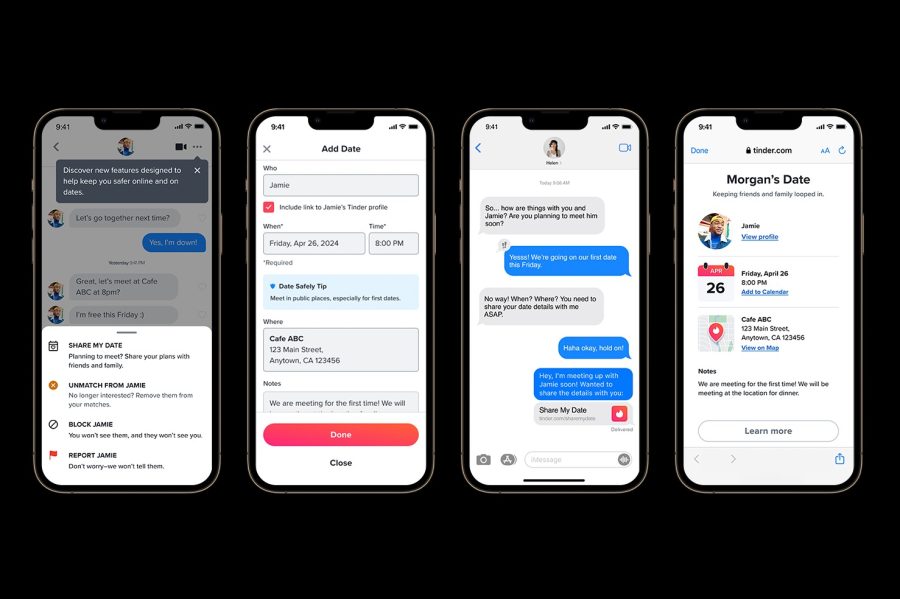Google and 45 other organizations have sent a public letter to President Barack Obama calling for federal support for technology and education that would give consumers access to information about their energy consumption and give companies the ability to build applications on top of that information.

Google, AT&T, General Electric, Intel, The Climate Group and the Natural Resources Defense Council and others will hold an event tomorrow titled “Power in Numbers: Unleashing Innovation in Home Energy Use.”
“By giving people the ability to monitor and manage their energy consumption, for instance, via their computers, phones or other devices,” the group wrote in its letter to the President, “we can unleash the forces of innovation in homes and businesses.”
Substantial challenges stand in the way of widespread smart-grid innovation. We highlighted a write-up by green tech reporter Katie Fehrenbacher last year that discussed the foot dragging going on in the world of local utility providers. (Why Smart Grids Could Be Slow to Beat Web 2.0) Fehrenbacher argued that utility companies don’t get it, are afraid of the costs, and are thus unlikely to offer the kind of “real time” data delivery that could serve as a foundation for eye-opening innovation like we’ve seen from the networked world of the Internet.
Fehrenbacher wrote last year.
Many people (myself included) have painted a picture of how the consumer piece of the smart grid could develop into a real-time, two-way communication network that looks a lot like the Internet. In that world, consumers would be able to see variable pricing change in real time, while smart meters and energy management devices read and visualize energy consumption data every second, leading to changes in consumer behavior. The ultimate vision of that landscape is that real-time energy data unleashes innovations and applications that we haven’t yet thought of, which will deliver substantial behavior changes.
Well, that’s the outcome for which entrepreneurs and innovators are hoping. The reality is that the consumer piece of the smart grid will look very different for many years to come.
Perhaps a large coalition of organizations can prompt meaningful government support that will engage with these and other obstacles to energy data innovation.










